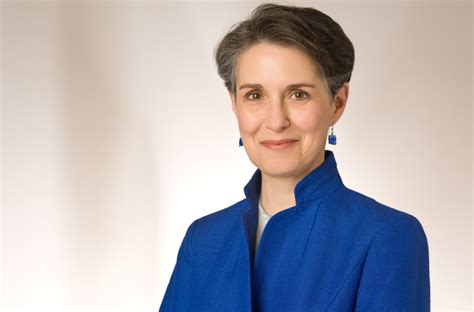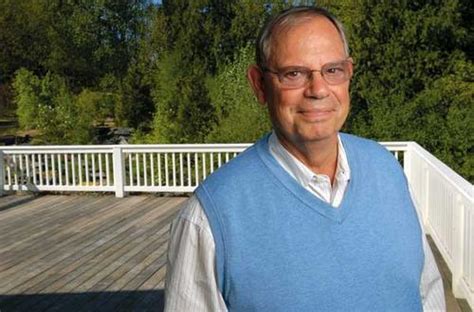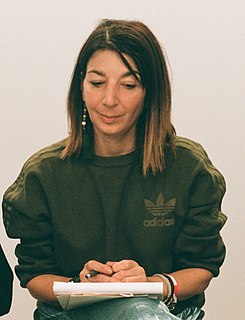A Quote by Daniel H. Pink
For artists, scientists, inventors, schoolchildren, and the rest of us, intrinsic motivation-the drive to do something because it is interesting, challenging, and absorbing-is essential for high levels of creativity.
Related Quotes
Creativity shouldn't be seen as something otherworldly. It shouldn't be thought of as a process reserved for artists and inventors and other 'creative types.' The human mind, after all, has the creative impulse built into its operating system, hard-wired into its most essential programming code. At any given moment, the brain is automatically forming new associations, continually connecting an everyday x to an unexpected y.
At first he who invented any art that went beyond the common perceptions of man was naturally admired by men, not only because there was something useful in the inventions, but because he was thought wise and superior to the rest. But as more arts were invented, and some were directed to the necessities of life, others to its recreation, the inventors of the latter were always regarded as wiser than the inventors of the former, because their branches of knowledge did not aim at utility.
People often think of artists and scientists as being diametrically opposed, but we both believe something is possible. We have a hypothesis and then we do everything to make it possible, but we don't know if it's possible! All the scientists I've worked with have a natural, easy fit with me. The solutions they find are truly creative. All scientists, in some way, are artists.
A conditioned mind may be inventive; it may think up new ideas, new phrases, new gadgets; it may build a dam, plan a new society, and all the rest of it; but that is not creativity. Creativity is something much more than the mere capacity to acquire a technique. It is because this extraordinary thing called creativity is not in most of us that we are so shallow, empty, insufficient. And only the mind that is free can be creative.
































